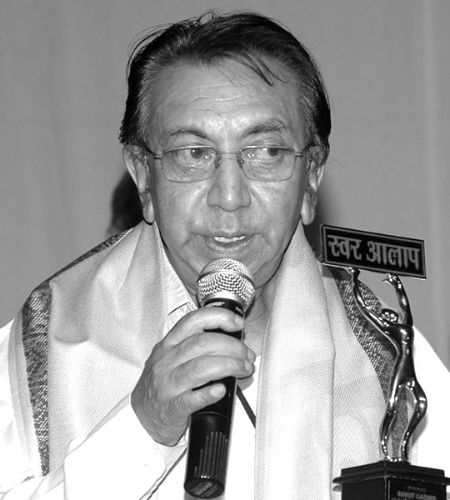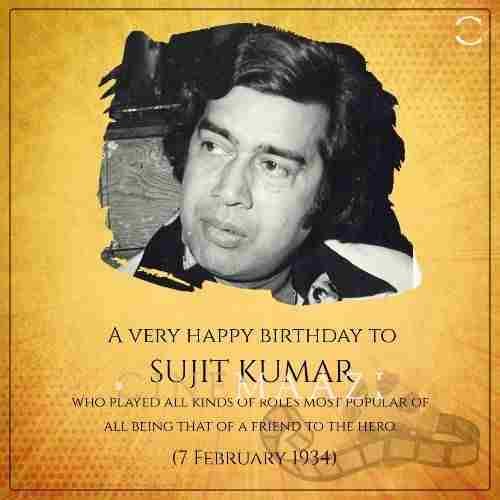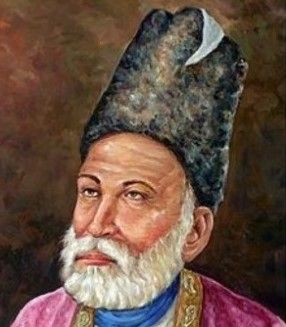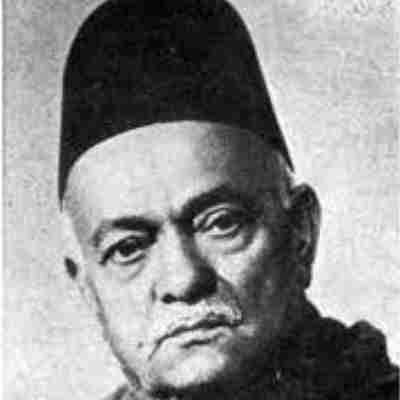Ranjit Gazmer

Subscribe to read full article
This section is for paid subscribers only. Our subscription is only $37/- for one full year.
You get unlimited access to all paid section and features on the website with this subscription.
Not ready for a full subscription?
You can access this article for $2 , and have it saved to your account for one year.
- Born: 3 October 1941 (Darjeeling)
- Primary Cinema: Hindi
- Spouse: Kusum Gazmer
Ranjit Gazmer, also affectionately called Kancha, was born on 3 October, 1941 in Darjeeling to a renowned gold merchant family. He lost his parents at an early age. Gazmer was trained under Amber Gurung in his Art Academy of Music. He was also a drummer in Georgie Banks’s band. Later, Gazmer shifted to Nepal along with Georgie Banks and continued to compose and perform on Radio Nepal and at hotels in Kathmandu.
In Kathmandu, he played the guitar, drums and madal, on various occasions while struggling to establish himself as a musician there. He also briefly worked at an English medium private school, Royal Nepal Academy, during his time there. During that period, Manohari Singh, a close associate of R D Burman and a member of his team, visited the school and the two rekindled an old friendship from his HMV recording days in Calcutta. Manohari Singh encouraged Ranjt Gazmer to move to Bombay which gave him the confidence to follow through. A few months after this encounter, Ranjit Gazmer shifted to Bombay accompanied by his wife, Kusum Gazmer.
Gazmer was introduced to R D Burman, fondly known as Pancham da, by Manohari Singh in a sitting which was also attended by Bhupinder Singh, and Dev Anand. Gazmer was instructed by Manohar’s brother to carry his madal to the sitting so when the time came for him to be introduced and play something for the people in the room, Gazmer charmed them with one of his old compositions performed with the madal. He was then called to the recording centre the day after, and upon reaching, he was pleasantly surprised to have found his song Kancha re Kancha re as the chosen track to be voiced by Kishore Kumar and Lata Mangeshkar for the film Hare Rama Hare Krishna (1971). He performed the madal for the recording. Post recording, Burman called him Kancha, a name that stuck with him through the ages. It was for the first time that the sound of the madal was used in Hindi film music. Most often, it was Burman who used this sound in his songs and Gazmer can be credited for playing the instrument in all of these songs.
This was the start of their long collaboration together. Gazmer became a key part of Burman’s musician circle and a regular in those sittings. Some of the popular songs that he majorly contributed to are Hum dono do premi (Ajanabee, 1974), Tere bina jiya jaye na (Ghar, 1978) to name a few. In the almost three decade long association, Gazmer moved up the ranks in Burman’s sitting groups from B to the Special group. The last sitting was held for the music score of the film 1942: A Love Story (1994).
Apart from Burnam, he also worked with other music composers such as Ravindra Jain, Rajesh Roshan, Khayyam, Bappi Lahiri, Jaidev and Hridayanath Mangeshkar. He is also credited as the composer for over hundred Nepali films such as Bansuri (1981), Samjhana (1983), Kusume Rumal (1985), Basudev (1985), Lahure (1989), Koseli (1993), Darpan Chaya (2001) and Dui Kinara (2007). Gazmer gave Udit Narayan the breakthrough opportunity to sing alongside Asha Bhosle in Mirmire sanjh ma in Bansuri, which was his first Nepali film.
Ranjit Gazmer lives in Bombay and continues to make music, although the sitting tradition has ceased since Burman’s death. He continues to perform in various events and collaborates with people making Nepali films in Sikkim, Assam, Nepal, and Darjeeling.







.jpg)



